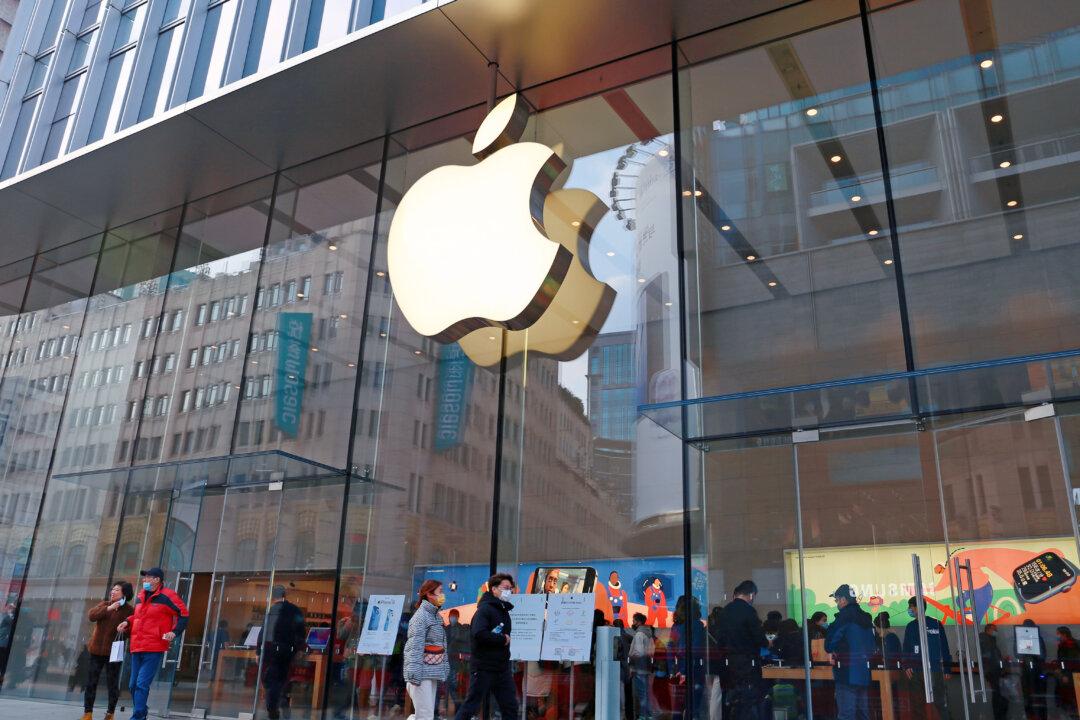Apple has lost its position as the world’s most valuable company to Saudi Arabian oil and gas producer Aramco amid a broad investor sell-off of tech stocks and a surge in energy prices.
Shares in Apple fell by more than 5 percent in New York on Wednesday to end the trading day with a stock market valuation of $2.37 trillion, slightly below that of Aramco, which was valued at $2.42 trillion.




